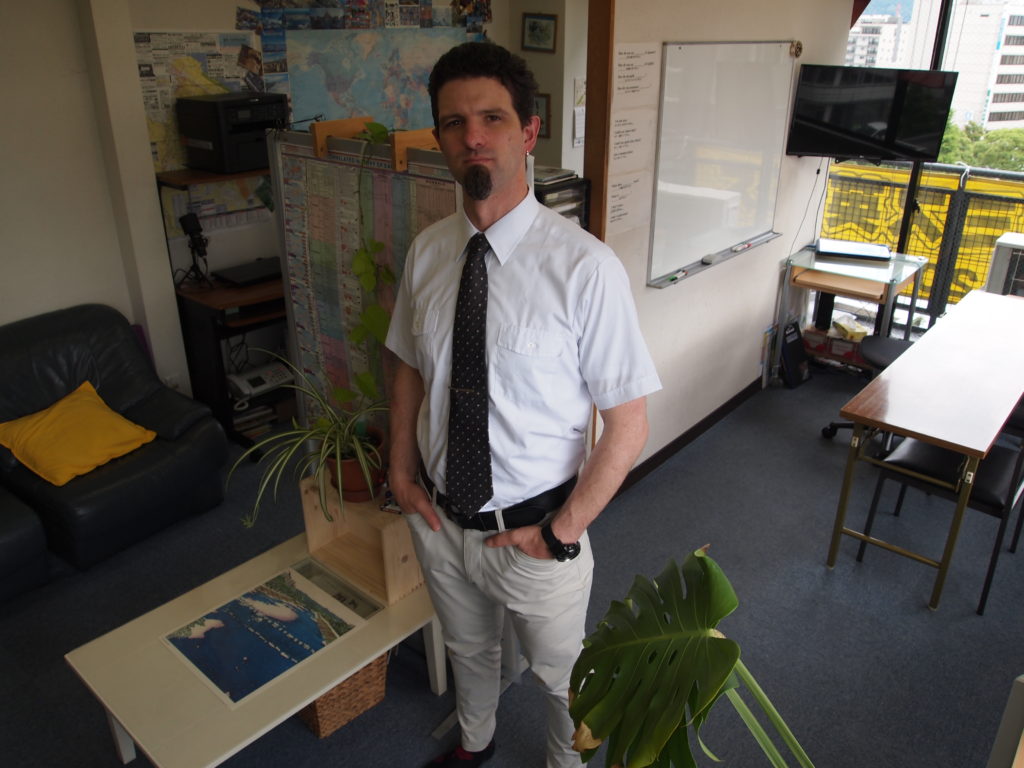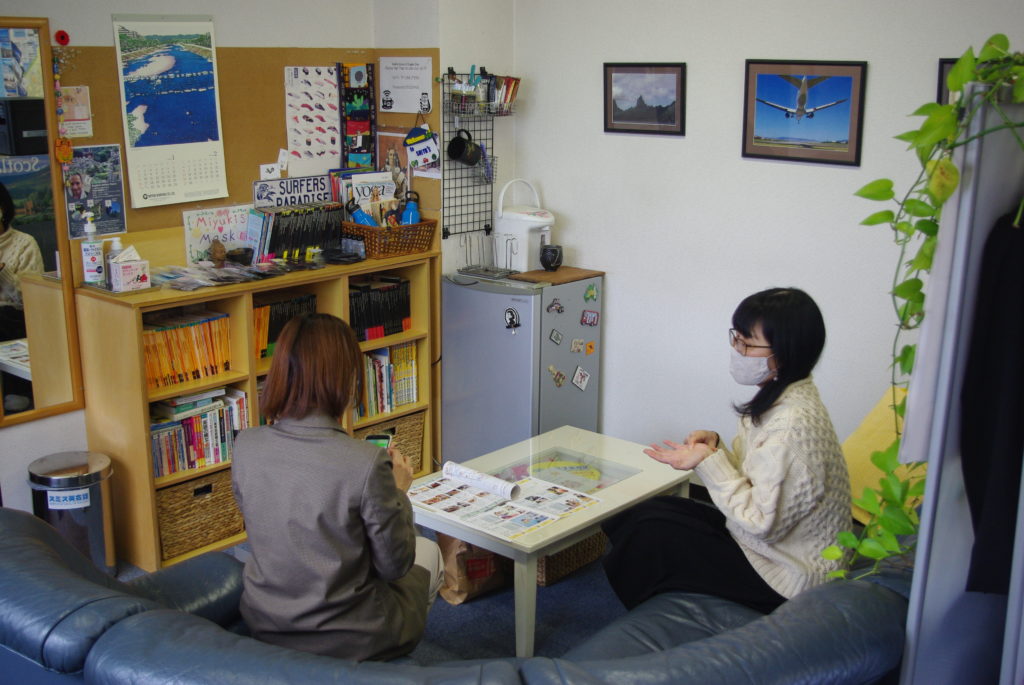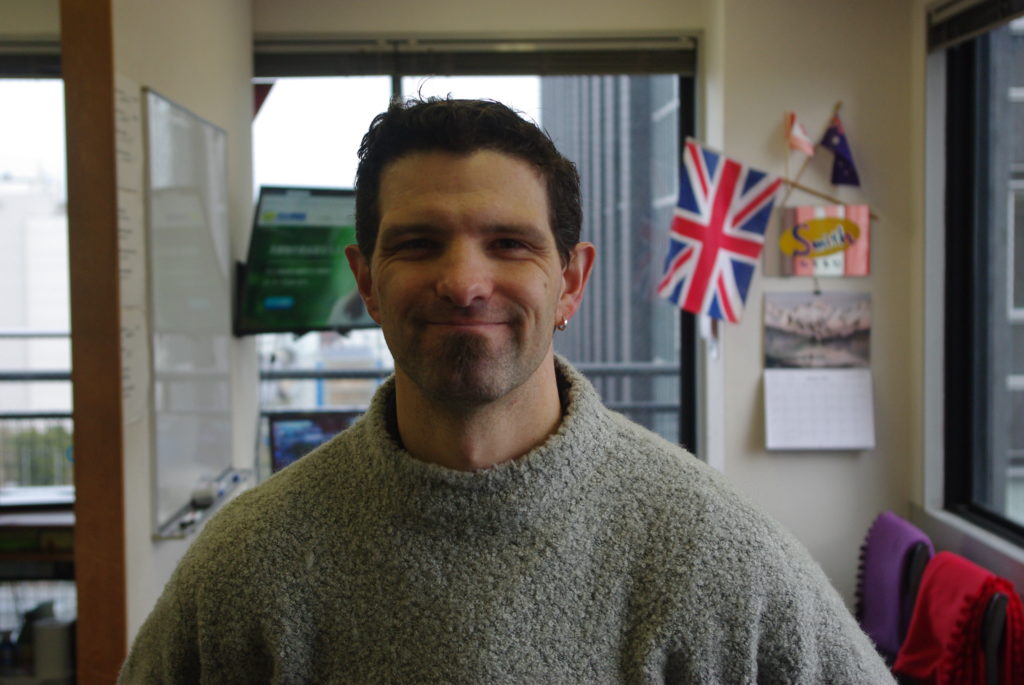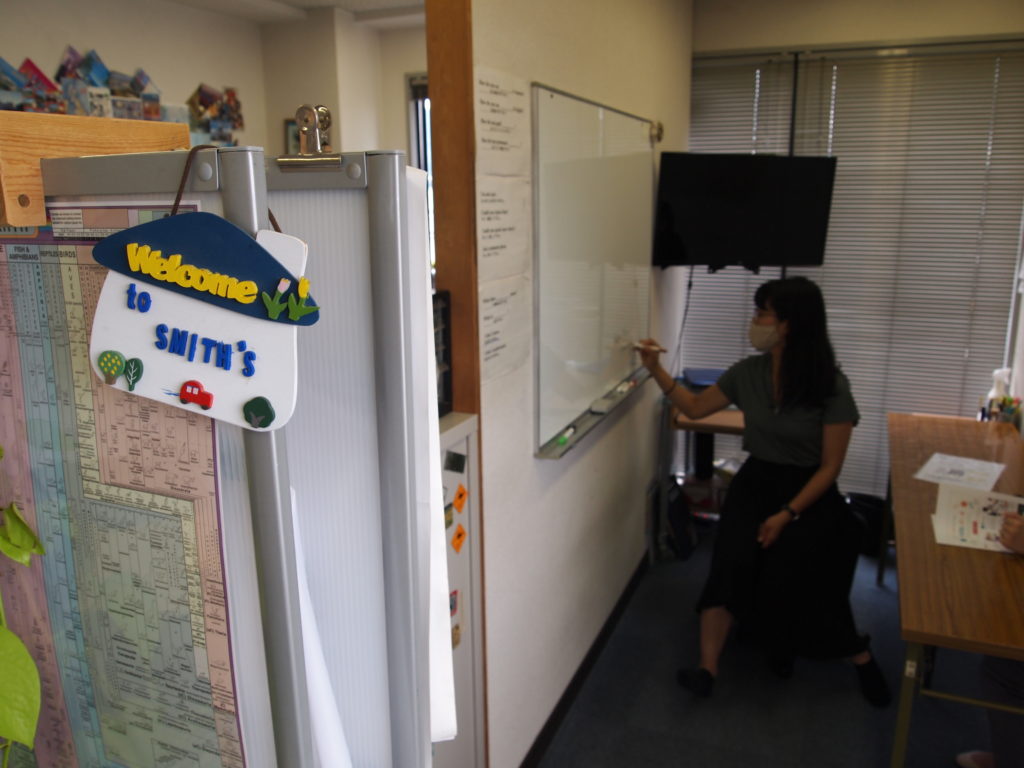I tend to separate language learning into 2 broad categories: language acquisition and communication abilities. Language acquisition generally follows a progression: vocabulary input, structure development, rules of syntax. Communication ability development tends to be less clear. Since 2007 I have been helping students at my small English conversation school in Otsu to develop overall communication skills, and more specifically, conversation techniques.

Language Foundations for Conversation
How does one become a good conversationalist, in particular regarding a 2nd language? Obviously a general understanding of the target language is necessary. A desire to communicate is also needed. Practice and a conversation partner. The Japanese education system does an amazing job of providing basic English understanding. Everyone learns the fundamentals of reading and writing. Grammar and vocabulary are taught, even more so than in many English majority countries. In my own childhood in Canada, I had English lessons once a week, starting in 4th grade. I didn’t have daily English classes until high school. (Note that I went to a French Immersion school in Canada) The foundations for English learning are solid in Japan. The next step is finding a place to practice and develop conversation techniques. This is where the English conversation industry comes into the equation.

Smith’s School of English Conversation
One of the first things you might notice about our company name, and the first thing I noticed, is the word “conversation”. We are not an English School, we are an English Conversation School. Many students who walk in our door already have a foundation in English. What they desire is to improve their English conversation skills, and that is what we try to offer. How does one develop these skills? How does one learn conversation techniques? We try to offer a supportive environment where students can maximize time and exposure to the target language. We try to offer our expertise and our years of experience to develop confident conversationalists. For me the key to conversational control is the ability to ask questions. Questions allow us to guide the conversation. Here are 5 methods we use at Smith’s School of English Otsu to coach our students in using questions.

Conversation Question Techniques
The Power of Yes and No
Generally speaking, yes/no questions are discouraged in conversation as they do not encourage expansion. However, I explain to my students how to use yes/no questions in various ways.
They can lead into a topic, for example:
Do you like J-Pop? What kind of music do you like?
They can be expanded upon with a follow-up question:
Do you play tennis? When did you start?
They can be used rhetorically, before the main question:
Is summer hot? Of course the answer is yes. How do you stay cool in Summer?
Follow-Up Questions
Learning how to ask a question is step one. How to ask another question is step two.
Learning how to listen is step one. How to respond with a question is step two.
Learning how to make a statement is step one. How to follow with a question is step two.
Step Two is key. Teach your students how to ask follow-up questions. The conversation follows a path based on the follow-up questions. I teach all my students how to pull out a keyword from the previous sentence and carry that word over into their follow-up question. Here’s an example:
A: Yesterday I went to Tokyo and had lunch with an old friend.
B: That’s fun. What did you eat for lunch?
The second person could choose to discuss Tokyo, or food, or friends. The direction the conversation takes is chosen by the person who asks the follow-up question.

Questions are the basis of all conversation.
Conversation: Dig Deep or Keep It Light
Questions have the power to determine the tone of the conversation as well. Ask a deep, personal question and the conversation might become more emotional. Or the conversation might simply end. Some people don’t want to talk about personal things. Want to keep it light? Ask a more general question about a safe topic. Learning how to ask questions is important, but learning what to ask is important, too. Be aware of your partner and the atmosphere of the room and pick the questions that seem appropriate.
Examples of Deep Questions could be about relationships, work, politics or current affairs. Examples of light questions? Ask about soft culture: music, tv, literature, media. Ask questions about the weather, sports, fashion. Avoid personal topics. These are the kinds of conversation techniques needed to be an empathic and fun conversationalist. Not sure how to do this? Come in for a lesson, we would love to help, and enjoy a nice conversation.
Do you want to learn more about the power of questions in language acquisition and conversation? Check out this article by Adrian from Smith’s School of English in Hirakata:
Great Questions by Adrian
Nice blog Edward! Questions really are important in conversation.
Enjoyed reading and learning something! Thank you Edward!
I agree about this comment. I like deep questions. So I think always that I have to practice to do English conversation more.